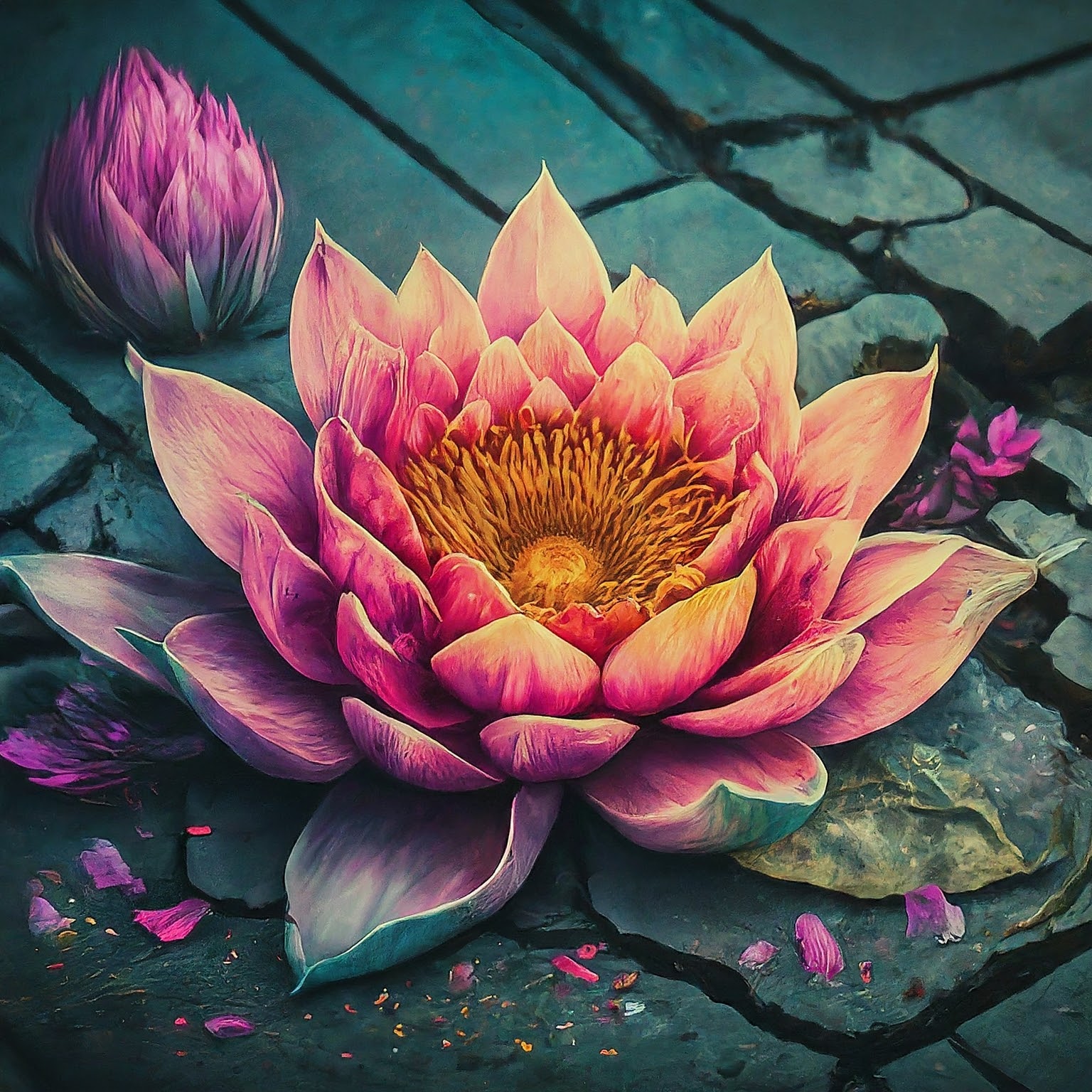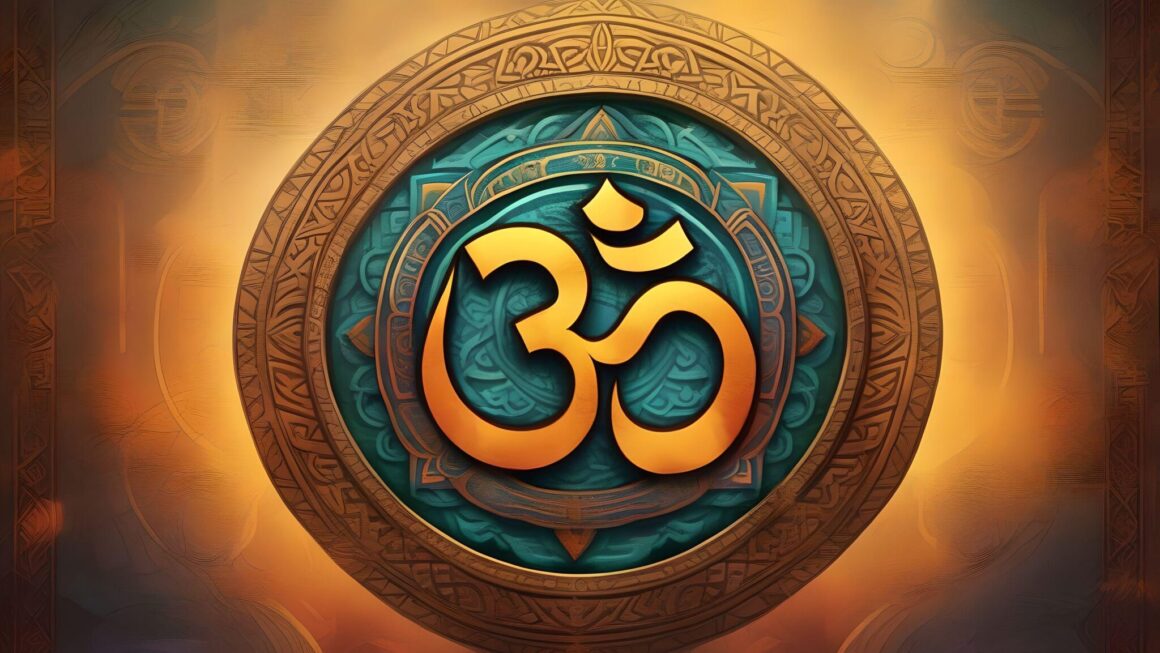A Beacon of Tranquility in the Modern Maelstrom
In the bustling streets of modern life, where the cacophony of daily routines often drowns out our inner peace, mindfulness emerges as a beacon of serenity. This practice, deeply rooted in the rich soil of Indian psychology, offers a tranquil oasis in the desert of our chaotic existence.
Mindfulness: The Ancient Art of Being Present
Mindfulness, a term often interwoven with meditation, stems from ancient Indian traditions. It’s the art of being completely present and fully engaged with whatever we’re doing at the moment — free from distraction or judgment, with a soft and open mind. The beauty of mindfulness lies in its simplicity and the profound impact it can have on our mental well-being.
A Cornerstone of Indian Psychological Tradition
Historically, mindfulness has been a cornerstone of Indian psychological practices, emphasized in various philosophical texts and teachings. It’s the mental discipline of focusing on the current experience with a nonjudgmental awareness, allowing us to cultivate a deep sense of peace and contentment.
Mindfulness for Modern Wellbeing: Rediscovering Timeless Wisdom
Let’s explore how this timeless wisdom is not just a relic of the past but a toolkit for enhancing the quality of our contemporary lives. Mindfulness teaches us to slow down, to breathe in the richness of the present moment, and to handle life’s challenges with grace and resilience.
Simple Practices for Profound Effects
Incorporating mindfulness into our daily routine can be as simple as taking a few minutes each day to focus on our breath, to really taste our food, or to listen wholeheartedly to a friend. It’s about waking up from the autopilot of our habitual actions and reactions, and rediscovering the joy of being.
Scientifically-Proven Benefits
The benefits of mindfulness are supported by a growing body of scientific research. It’s been shown to reduce stress, improve attention, decrease emotional reactivity, and promote a general sense of health and well-being. In essence, it’s a mental workout that strengthens our ability to stay centered in the midst of life’s storms.
Transformative Power: My Perspective
As a psychology student, I’ve seen firsthand the transformative power of mindfulness in youth and practitioners alike. It’s a universal tool, cutting across the lines of age, culture, and religion, bringing a sense of shared humanity and connectedness.
Planting the Seed of Mindfulness
Embracing mindfulness is like planting a seed within ourselves. With regular practice, this seed grows into a steady tree that stands firm, even in the strongest winds of life’s challenges. Let’s turn to this ancient wisdom to navigate the complexities of modern living, finding balance, and peace in the art of just being.
A Living Legacy: Embracing Our Collective Heritage
In conclusion, mindfulness is not just an ancient Indian practice; it’s a living, breathing part of our collective psychological heritage, waiting to be rediscovered and embraced in our daily lives. It’s a journey of a thousand miles that begins with a single, mindful step.
Key Points:
- Mindfulness: Rooted in ancient Indian traditions, it refers to being present and engaged with the current moment without judgment.
- Benefits: Reduced stress, improved attention, increased emotional regulation, and overall well-being.
- Practice: Simple daily activities like focusing on breath, mindful eating, and attentive listening.
- Universality: Applicable to people of all ages, cultures, and backgrounds.
- Growth: Regular practice cultivates inner peace and resilience.




